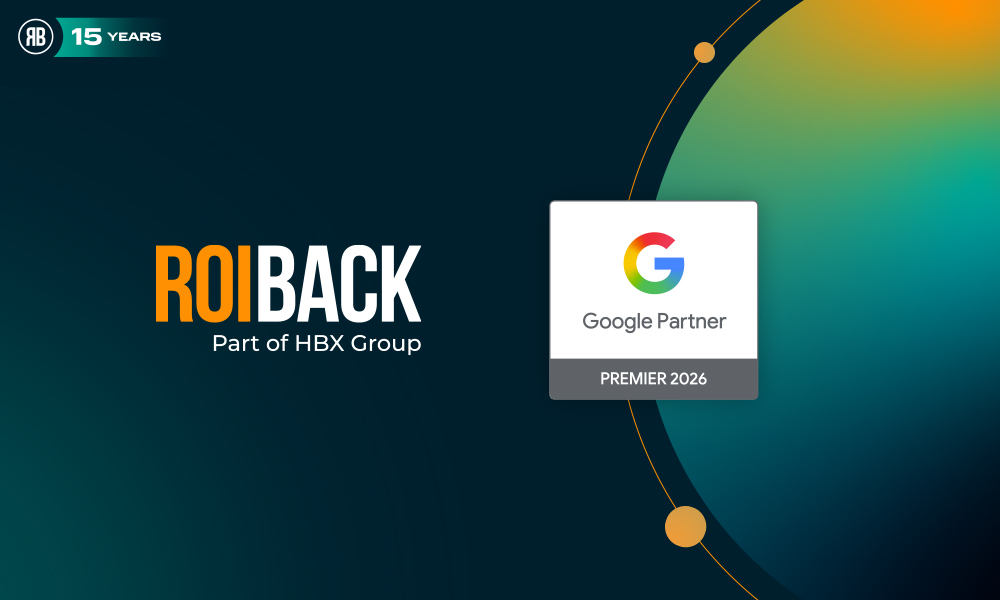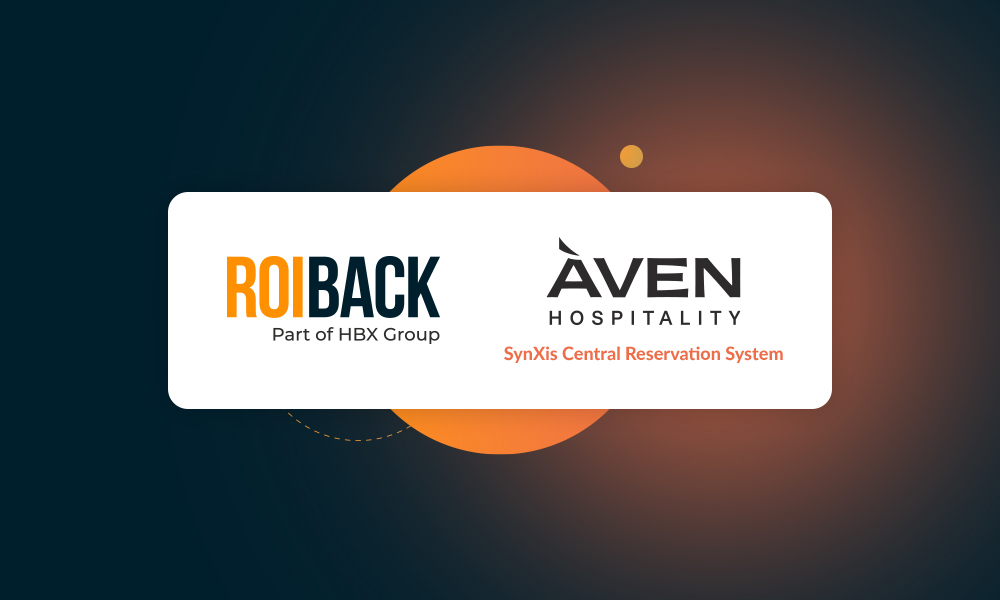Master peak demand and multiply your hotel revenue
News
November 7, 2024

As the year winds down, the travel and hospitality sectors hit their stride, preparing for a surge in bookings around Black Friday, the Christmas holidays, and January’s early-bird deals. This period is a golden opportunity to captivate travellers planning their next getaway – if approached with the right strategy.
Here’s how hotels can create a seamless, impactful marketing campaign that captures attention and drives conversions when demand is at its peak.
Uncovering travel trends that drive bookings
To understand how to connect with customers, start by digging into their booking behaviours and planning habits. More than 45% of travellers plan their holidays well in advance, often over a month out, meaning the lead-up to peak periods is critical. Additionally, 75% of all travel-related searches are focused on flights and hotels, highlighting a ripe opportunity to target travellers who already have their minds set on these essentials.
Being in the right place – and saying the right thing – at the right time can make all the difference.
Building the foundation: communication, planning, and targeting
A standout campaign is never just one big push; it’s the sum of well-coordinated efforts across departments and channels. Here’s how to set the stage for a memorable campaign:
Unified team communication
Campaign success starts with clear, aligned communication within your team. Ensure everyone, from customer service to sales, understands the campaign’s timing, goals, and messaging. This cohesion translates into a unified brand presence, no matter where or how customers engage with you.
Strategic audience segmentation
Not all customers are created equal – and that’s a good thing. Tailor your marketing efforts based on distinct audience groups, such as returning guests from past Black Friday deals or families booking Christmas getaways. These personalised touches resonate on a deeper level, enhancing customer loyalty and maximising conversions.
Pre-launch preparation
Great campaigns aren’t built overnight. Begin planning and defining key campaign elements two months in advance to allow for testing, troubleshooting, and resource optimisation. This foresight can spell the difference between a smooth, well-executed launch and a rushed, last-minute scramble.
Crafting engaging campaigns: a customer-centric approach
Rather than relying solely on discounts, aim to offer value at every touchpoint. Consider these strategies to create a memorable journey from start to finish:
- Enhanced targeting with past data: Dive into past engagement metrics to identify high-potential audiences. Those who engaged in previous promotions are more likely to convert with relevant, well-timed offers, giving you an edge in ROI.
- Thoughtful budget allocation: Allocate resources where they matter most, aligning budgets with your goals for each peak period. For larger properties or chains, a more granular approach can help fine-tune investment for maximum impact, ensuring high-performing segments receive the focus they deserve.
- Retargeting to maintain momentum: A customer who didn’t convert on the first visit still has potential. Use retargeting to re-engage these users, gently reminding them of what they left behind and creating opportunities for them to complete the booking process.
- Lifecycle marketing for long-term success: Marketing shouldn’t stop after the booking. Nurture customer loyalty with lifecycle marketing tactics, from welcome messages to post-stay feedback requests. Each touchpoint builds a richer, more satisfying journey that extends beyond the promotional period.
Email marketing done right
Email remains one of the most effective ways to engage your audience, but it’s all about timing and relevance.
To avoid being just another message in an inbox, consider these best practices:
- Thoughtful segmentation: Customise content based on specific customer groups to deliver more relevant information and promotions, whether it's early access to deals for past guests or a holiday guide for families.
- Balanced frequency: Resist the urge to flood inboxes. Instead, monitor user engagement and adjust your frequency to hit the sweet spot that keeps audiences interested without overwhelming them.
- Optimal timing: Plan to send out campaign emails about a week before peak events. This ensures your message is top-of-mind without becoming redundant, creating a well-timed invitation to explore your offers.
Localising and adapting to market needs
Not all markets respond to the same tactics. While one region might respond well to discounts, another may find value in premium perks or exclusive offers. By localising your campaigns, you not only increase relevance but also save on costs by concentrating efforts where they’ll have the most impact.
Finishing strong with data-driven insights
Once the campaign has concluded, the real work begins. Analyse performance metrics to understand what worked, what didn’t, and what could be optimised for next time. This commitment to continuous improvement ensures that each future campaign is even sharper, allowing your marketing strategies to evolve with your audience’s needs and expectations.
A final word
A high-performing marketing strategy during peak season is much more than a single discount or promotion – it’s a coordinated effort to make every interaction count, fostering both immediate conversions and lasting relationships.
As the holiday season approaches, take the time to craft a strategy that reflects your brand’s strengths, speaks directly to your audience’s needs, and is ready to adapt on the fly. With a thoughtful approach, this season can be a win not just for your bookings, but for the lifetime value of each and every guest.
Read more

News
Roiback is once again a Google Premier Partner in 2026: what this means for your hotel and why it matters more than ever
By
Roiback

News
Waste in hospitality: from operational control to circular strategy
By
Roiback

News
Roiback obtains SynXis CRS integration certification to strengthen direct channel in large hotel organizations
By
Roiback




